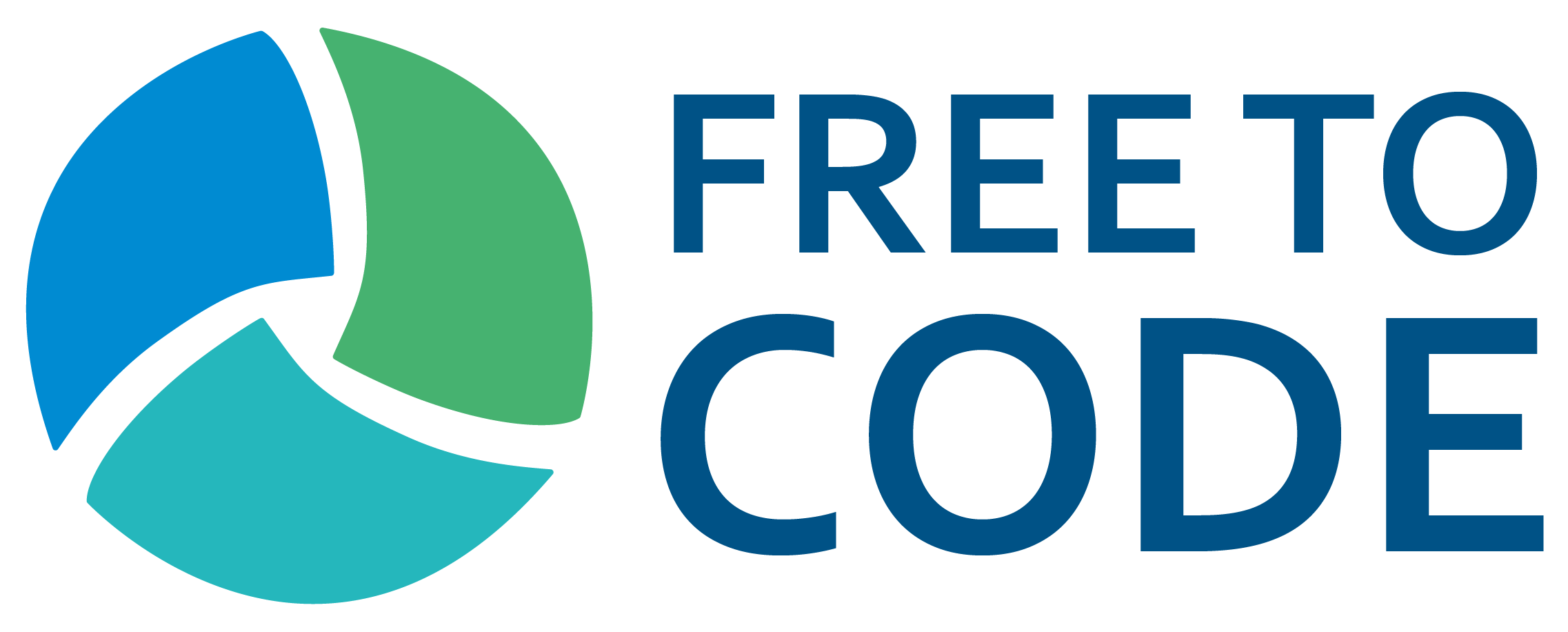The FREE TO CODE project aims to define digital skills and computer programming as a means of human development that can help adult European prisoners to re-enter society with a resale expertise.
One important step in this direction is to set up a training plan in which will be explained the learning of specialized experts with sufficient knowledge about basics of digital education and especially the potential of coding to get a major span of job opportunities and favour the reintegration into the society.
In 2014, prisons across the EU were holding over half a million inmates, including both convicted persons, serving their final sentence, and persons accused of a crime. It is therefore a considerable number of people.
Many of them are about to be reintroduced in the society. To do this, the European context in the management of education and social and educational rehabilitation of prisoners is quite rich, but not fully updated with the new trends of the adult education in Europe that are all gravitating around digital skills and social innovation.
According to the EC, DG EAC (The Survey of Adult Skills EC-PIAAC) the function of adult education should be to support economic growth and competitiveness, assure inclusive and equitable development, provide socio-economic benefit, but also individual benefits, in terms of personal and professional development, empowerment, adaptability, employability and active participation in society.
This is exactly what FREE TO CODE aims to do, by promoting coding education among European adult incarcerated learners and also promote an equitable development, for a digital inclusion of vulnerable people, like prisoners who are about to get out.
